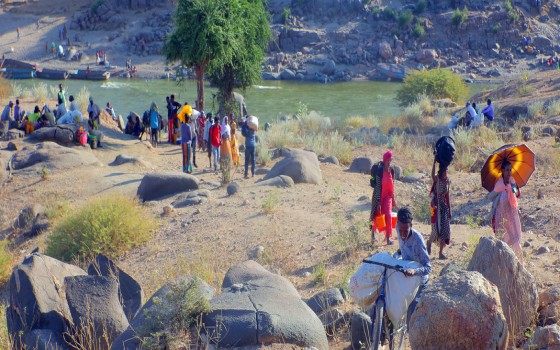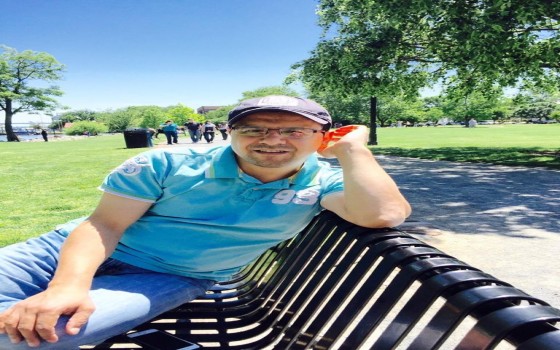
The first documentation of cancer in human history was in ancient Egypt... by Dr. Wael Gad

- Europe and Arabs
- Friday , 10 October 2025 8:11 AM GMT
From the greatness of our Egyptian ancestors... The first documentation of cancer in human history was in ancient Egypt!
Thousands of years ago, our ancient Egyptian ancestors were the first to describe cancer, even before modern medicine knew its meaning!
In a medical papyrus called the Edwin Smith Papyrus, dating back more than 4,000 years (circa 2500 BC),
the brilliant Egyptian physician Imhotep, the first known pharaonic physician in history, recorded eight cases of breast tumors in women.
Imhotep described these tumors as "a hard, swollen mass, for which there is no cure"... This is considered the first medical documentation of cancer in human history.
The ancient Egyptians attempted to treat tumors by burning (cauterization), but the results were ineffective.
However, their anatomical observations were very accurate, revealing an early genius in understanding the human body and disease.
Later, the Greek physician Hippocrates (c. 460 BC) named the disease "karkinos," a Greek word meaning crab, because the shape and roots of the tumor resemble the legs of a crab. This word gave rise to the modern term "cancer."
Humans have been fighting cancer for thousands of years, and the advances we have achieved today in medicine are the result of a long journey of science, observation, and research across the ages.
This story is not just medical history; it is a testament to the genius of our Egyptian ancestors, who preceded the world not only in medicine, but also in astronomy, engineering, agriculture, industry, and various other sciences. It reminds us always that the search for a cure for cancer began with our ancient civilization on the banks of the Nile.
May God protect us and you all.
The author of this article is Dr. Wael Gad, Senior Researcher at the Center for Applied Medical Studies in Taipei, Taiwan, and a Visiting Scientist at the Paul Scherrer Institute, Villigen, and the University of Basel, and a Visiting Scientist at RIKEN, Japan.












No Comments Found